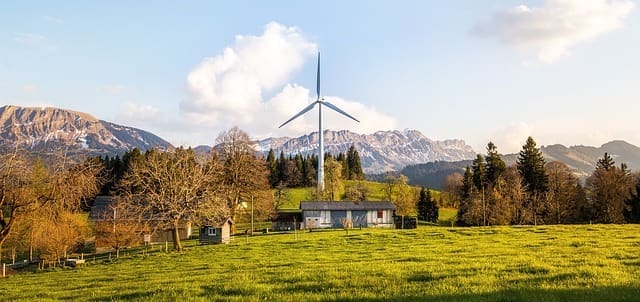
Little appears to have changed in the valleys of north-eastern Portugal for decades, perhaps even centuries. That is, if you can keep your gaze off the hilltops. Also, imagine away the pylons and forget the occasional tractor of an uncertain vintage coughing along the narrow roads. But look up, past the villages, the clumps of stout ponies and the wolf-haunted forests of pine, oak and eucalyptus, and the harbingers of a renewable resources revolution are silhouetted against the December sky.
130 giant wind turbines sprout from the peaks, slicing the air with a rhythmic sigh. They have helped Portugal in a remarkable achievement. For 4.5 days in May the country ran entirely on electricity from renewable resources: wind, hydro and solar power.
Setting Record for Running on Renewable Resources
Despite fears of a blackout, the lights stayed on for a record 107 hours between 6.45am on Saturday 7 May and 5.45pm the following Wednesday.
Francisco Ferreira, president of the Portuguese environmental NGO Zero, got wind of what was going on when a friend called that weekend. “He said: ‘I’ve been looking at the graphs and for the past two days. [We’ve] been 100% renewable on electricity production’. After that, we looked at the data and arrived at 107 hours. We confirmed it with the national energy network, who said we’d had 4.5 days.”
“It was great to see that the system was working; to see that we could manage all these renewables even though the circumstances were quite challenging.”
Ferreira and his fellow clean energy advocates hold up those few days as further proof that renewable resources can reliably replace fossil fuels.
How much of their success hinged on favorable circumstances?
It helped that a good chunk of the 107 hours fell over the weekend when demand decreases. Also, there was the advantage of an unusually co-operative Mother Nature. She saw to it that the sun shone and the wind blew favorably.
However, supporters of renewable power insist it was down to much more than luck. António Sá da Costa, managing director of the Portuguese renewable energy association Apren, argues it was the result of years of investment and cooperation.
“It was the coming together of three factors, without which none if it would have been possible,” he says. “The first was that we had the power plants in place to take advantage of the natural conditions during that period. [Second,] it was only possible because of the wind, water and sun. The third was that we had the operational grid capability [to] manage this type of situation.”
Read more from The Guardian here
